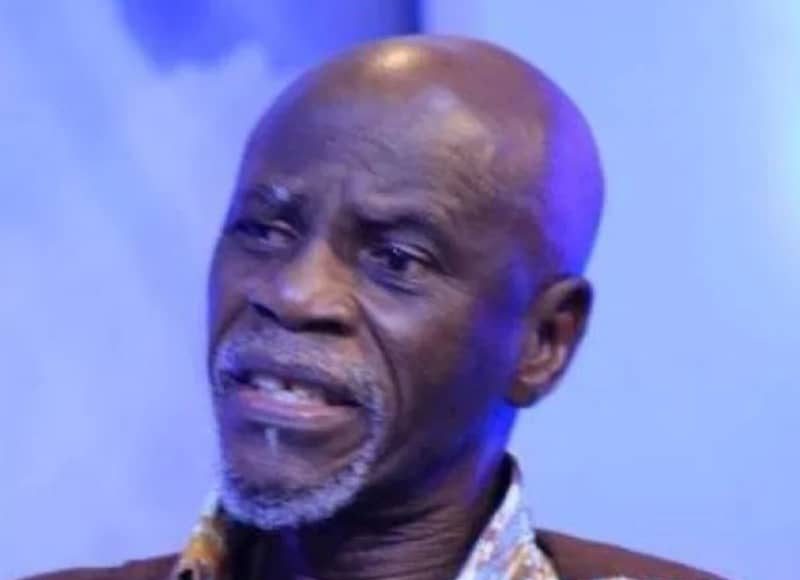Lawyer Akoto Ampaw calls for the teaching of human rights in schools
The country’s next review is supposed to be next year, but due to the COVID-19 pandemic, it has been moved to January 2023.

Lawyer and human rights activist, Anthony Akoto Ampaw has said that it is important that human rights is included in the curricula of schools.
“I can assure you that if we had human rights as part of our education, by the time children leave junior high school and senior high school and go into society, they would have a measure of what their rights are and what the rights of fellow citizens are,” he said.
He was speaking at a workshop on the United Nations Universal Periodic Review (UN UPR), the UN mechanism used to measure records of human rights in countries and compliance with human rights values.
The UN Resident Representative to Ghana, Dr Angela Lusigi in her speech said human rights form a foundation for the achievement of the UN’s Sustainable Development Goals (SDGs).
“Concretely, more than 90 per cent of the SDG targets are linked to provisions of international human rights instruments. This accountability for human rights is also accountability for the SDGs,” she said.
The UPR was initiated in 2006 after the establishment of the UN Human Rights Council (HRC), and it became one of the core mandates of the council.
It is a unique mechanism where each of the 193 UN member countries are peer-reviewed and examined on its human rights record every five years regardless of its size or political influence.
Countries are required to respond to recommendations and provide data on the implementation of those recommendations.
Ghana’s human rights record was first reviewed by the HRC in May 2008, after which there was another review in October 2012, while a third in November 2017.
The country’s next review is supposed to be next year, but due to the COVID-19 pandemic, it has been moved to January 2023.
There are usually two reports submitted by Ghana to the HRC to be reviewed; one by civil society organisations and another by the government.


